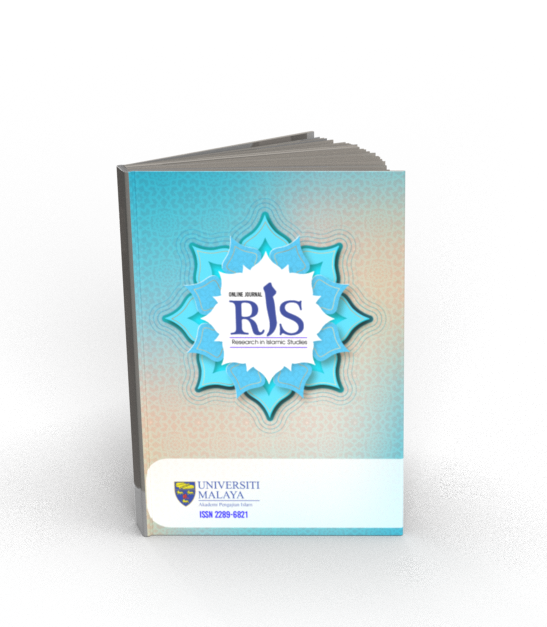Main Article Content
Abstract
This paper discusses classical and contemporary works that analysed the influential works of Imam al-Nawawi, focusing on his principles works of hadith and law, and its traditional authority and impact in premodern Islam. Its primary aim is to provide an analysis of the historical background of Imam al-Nawawi in light of the historical works of his contemporaries and later biographers. Al-Nawawi was hailed as the mainstay (‘umda) of the madhhab in the 7th century AD, that his creative works of hadith (prophetic tradition) and law continued to be referred to and commented upon in the uninterrupted line of traditional scholarship in Islamic intellectual history, particularly in the majority Sunnis and Shafiite school of law. The study is based on qualitative method in the form of documentative and library research. It used historical, descriptive, analytical and comparative approaches to survey and analyse various documents and data related to the topic, in order to make accurate finding and conclusion. The finding shows that al-Nawawi’s traditional works had profoundly influence the theological current of Sunni Islam and its authority and traditional orthodoxy while his masterful juridical method, opinion and ruling had decisively impacted the historical work of Shafiite school of law. It has momentously contributed to the rigorous tradition of scholarly works produced in the Shafiite school, that mainly derived from his major works and commentary as the school’s leading groundwork and classic masterpiece representing its traditional opinion and ruling. Thanks to his outstanding commentary and dynamic interpretation of the shariah, that offered significance method in giving preference (tarjih) in determining the preferred ruling between legal text, forthcoming from his independent reasoning and high level of ijtihad.
Keywords
Article Details
Copyright (c) 2023 Online Journal of Research in Islamic Studies

This work is licensed under a Creative Commons Attribution-NonCommercial-ShareAlike 4.0 International License.
Copyright Notice
By submitting manuscripts to the Online Journal of Research in Islamic Studies (RIS), authors agree to transfer copyright to the journal. However, authors may republish their work or grant others permission to republish it; in which case it should be accompanied by a proper acknowledgment that the work was originally published in the Online Journal of Research in Islamic Studies (RIS). The journal adopt CC-BY-NC licence which authors may also share and distribute their article anywhere of non-commercial website, social media and repositories immediately on publication.
Authors may also reuse the Abstract and Citation information (e.g. Title, Author name, Publication dates) of their article anywhere at any time including social media such as Facebook, blogs and Twitter, providing that where possible a link is included back to the article on the journal site.
